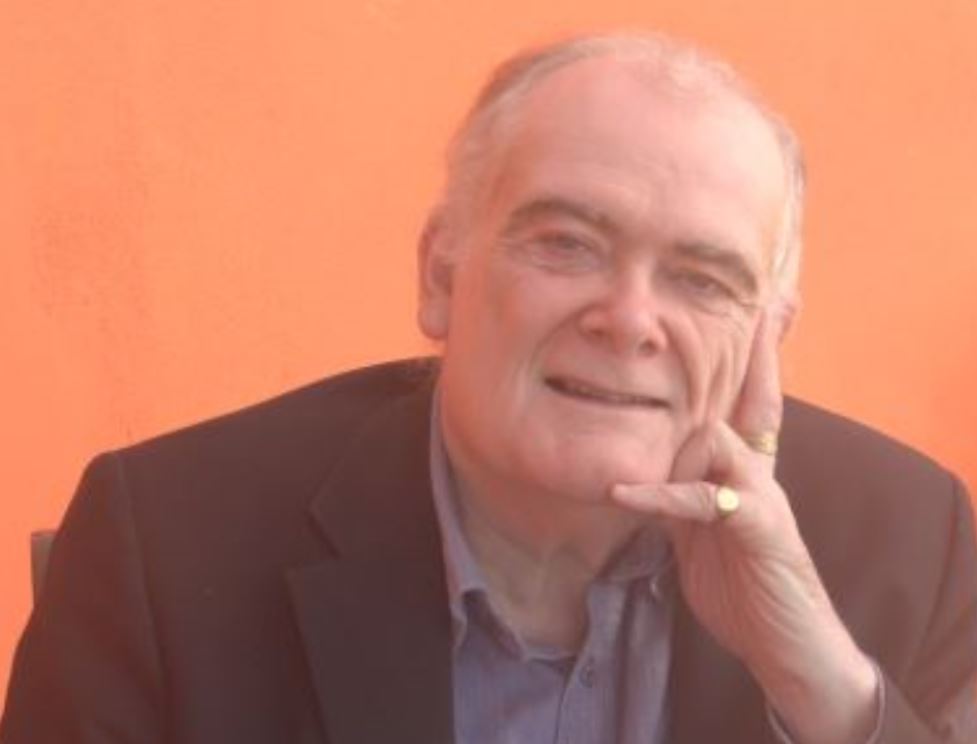“These were legally acquired at the time.” Of all the sound bites heard during this week’s furor on the Parthenon Sculptures, that one (attributed to a spokesman for Rishi Sunak) is among the most depressing.
There are several ways to respond.
First, there are some interesting arguments about the various, wildly contradictory documents that were issued by the Ottoman officials during the period when the marbles were extracted and transported to England.
One of those documents, penned in June 1801, apparently authorized Lord Elgin’s associates to collect “some pieces of stone” lying around the Acropolis. But, as they admitted, they exploited a sweet moment in Anglo-Ottoman relations to stretch outrageously the meaning of that text – and systematically strip the Parthenon, using threats and bribes to silence objectors.
The fundamental principle of British democracy is that laws are made by the people’s representatives and that holders of high office are subject to man-made laws.
But there is a deeper point of principle, and it goes to the heart of the reason why liberal-minded people call the sculptures of Pheidias a vital piece of humanity’s heritage.
Among citizens of today’s liberal democracies, the age of Pericles is admired precisely because it foreshadowed the ideal of the law-based state. A state where laws are freely debated and approved with the involvement of all citizens, and then applied impartially.
A state where office-holders are accountable to every citizen, and can be removed if they violate the law. Ancient Athens had its flaws, but so too do modern democracies. In any case, the ancient Athenian ideal is one we can recognize and admire.
These points have been well argued by Professor Paul Cartledge, vice chairman of the British Committee for the Reunification of the Parthenon Marbles.
The Ottoman Empire in the age of Elgin was not a law-based state in anything like the modern sense. It was a kind of theocracy, where power flowed from the sultan, who in turn derived his authority from God. Arguably, modern Britain also has vestiges of theocracy, in the sense that it has a monarchy and an established church. But they are only vestiges: The fundamental principle of British democracy is that laws are made by the people’s representatives and that holders of high office are subject to man-made laws.
That is why it seems so odd for a British government to be citing the decrees of a theocratic empire as grounds for rejecting the legitimate aspirations of a fellow democracy – and refusing to meet the leader of a duly elected government.
The Ottoman Empire was not a law-based state in the modern understanding of the term. It was a theocracy in which supreme authority sat with the sultan-caliph who ruled by divine authority and divine inspiration.
This Opinion arrticle was published in ekathimerini.com on 05 December 2023
Bruce Clark, is international security editor at The Economist, author of a number of books, including his latest book, which is entitled “Athens: City of Wisdom.” Bruce is a member of BCRPM.
